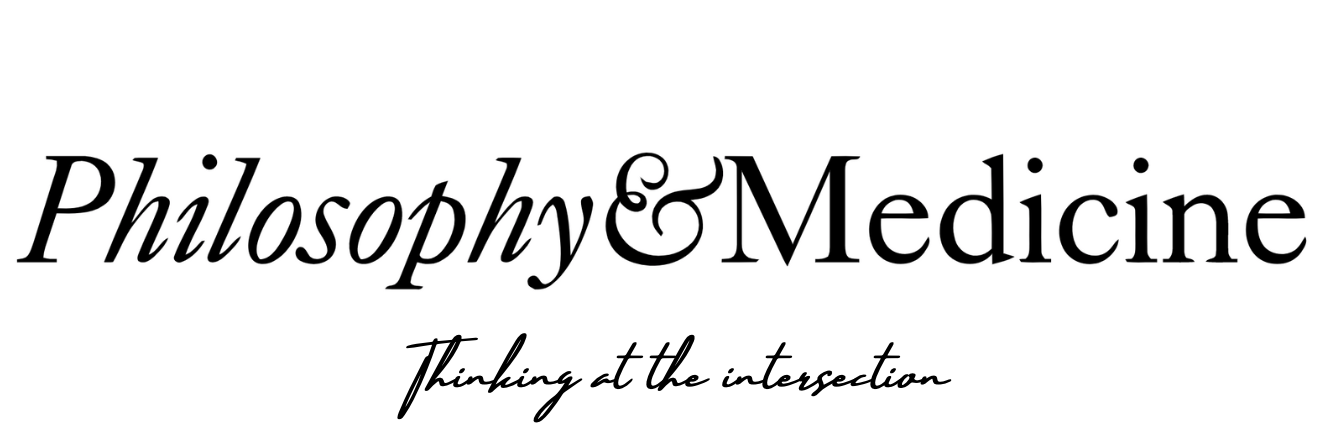We have very good reasons not to blame people who are depressed for the things they do, or don’t do, as a result of their depression. This is because we think depressions fail to speak for us in important senses, or deprive us of important kinds of control over our behaviour. What is less obvious, however, is that this depressed people are insulated from blame on answerability-first views of responsibility. If responsibility is about querying each others (troubling) views of what is and is not appropriate, then depression might be a prime candidate for answerability. One option is to suggest that depression involves some kind of defective (more than mistaken) perspective, in a way that leaves it beyond the scope of answerability. This, I contend, would do an unacceptable degree of violence to the epistemic agency of depressed people. We need, therefore, another account of what respectful and caring attention to each other’s perspectives involves when we are depressed.
Elliot is an early career researcher, interested in personal autonomy, the philosophy of madness and mental health, and broader themes in social and political philosophy. In particular, he is interested in mad perspectives as a starting point from which to do philosophy, and in the kinds of specialised moral knowledge that we might gain more easily, when we are in abnormal mental states. His work on manic mood states and epistemic agency inform his work in moral psychology and moral epistemology.
This event is part of our ongoing series "Responding to Witnessing Mental Illness Through Doing Philosophy" which is co-organised with Zsuzsanna Chappell. Please find more details of this series here: https://www.philosophyandmedicine.org/colloquium-series
